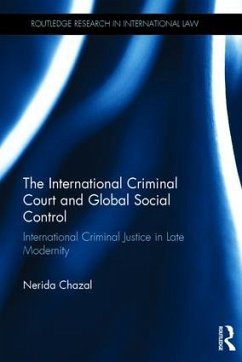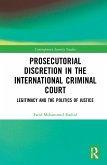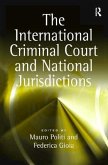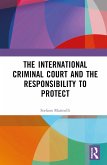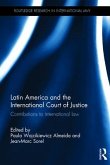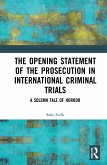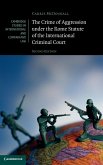The International Criminal Court was established in 2002 to prosecute war crimes, crimes against humanity, and genocide. At its genesis the ICC was expected to help prevent atrocities from arising or escalating by ending the impunity of leaders and administering punishment for the commission of international crimes. More than a decade later, the ICC's ability to achieve these broad aims has been questioned, as the ICC has reached only two guilty verdicts. In addition, some of the world's major powers, including the United States, Russia and China, are not members of the ICC. These issues underscore a gap between the ideals of prevention and deterrence and the reality of the ICC's functioning. This book explores the gaps, schisms, and contradictions that are increasingly defining the International Criminal Court, moving beyond existing legal, international relations, and political accounts of the ICC to analyse the Court from a criminological standpoint. By exploring the way different actors engage with the ICC and viewing the Court through the framework of late modernity, the book considers how gaps between rhetoric and reality arise in the work of the ICC. Contrary to much existing research, the book examines how such gaps and tensions can be productive as they enable the Court to navigate a complex, international environment driven by geopolitics. The International Criminal Court and Global Social Control will be of interest to academics, researchers, and advanced practitioners in international law, international relations, criminology, and political science. It will also be of use in upper-level undergraduate and postgraduate courses related to international criminal justice and globalization.
Hinweis: Dieser Artikel kann nur an eine deutsche Lieferadresse ausgeliefert werden.
Hinweis: Dieser Artikel kann nur an eine deutsche Lieferadresse ausgeliefert werden.

